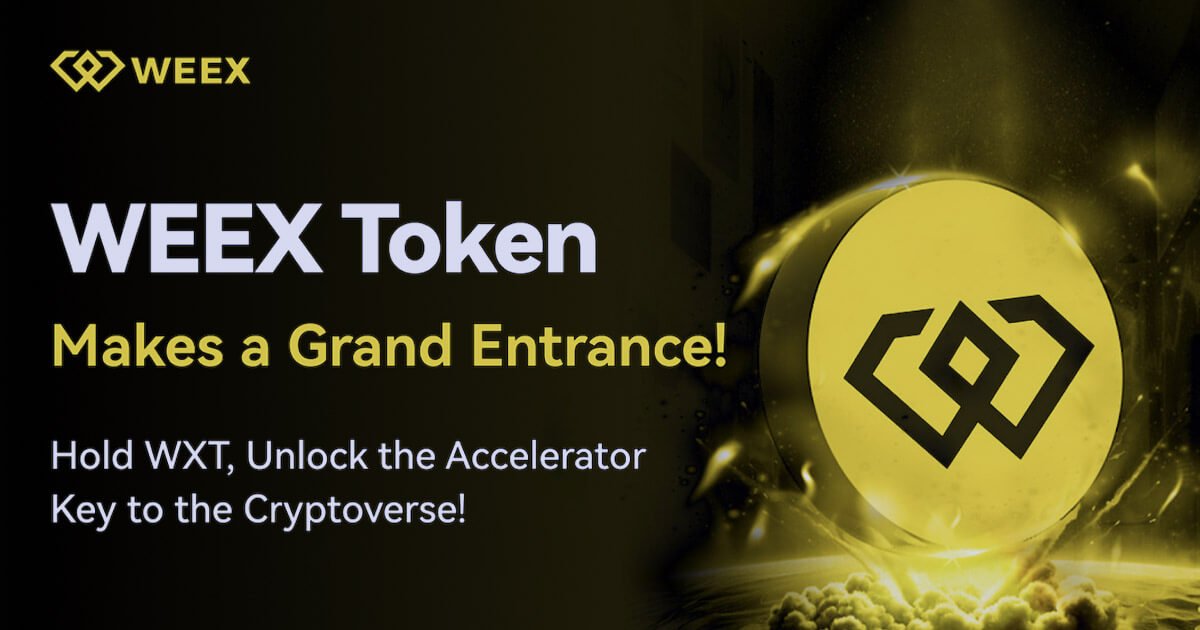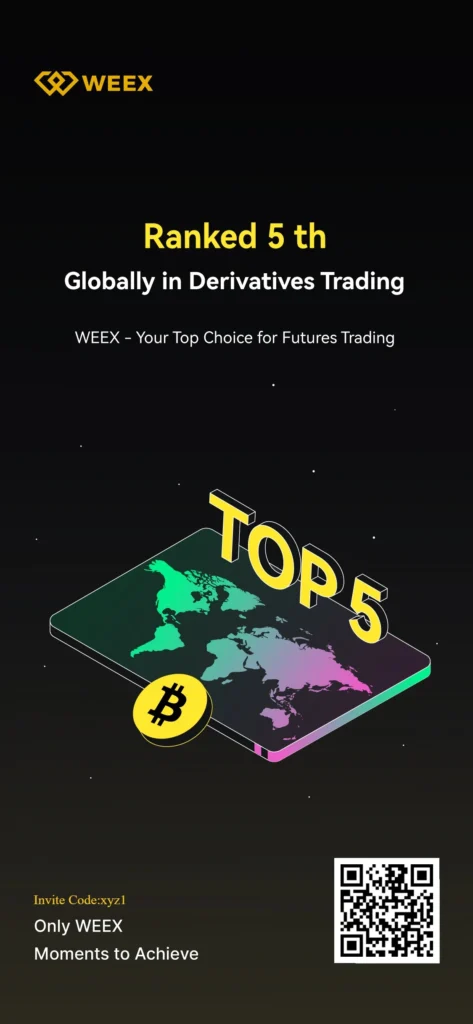

In the world of blockchain, the need for speed, security, and scalability is a constant challenge. While Layer 2 solutions have significantly reduced transaction costs and increased throughput, zkEVMs (zero-knowledge Ethereum Virtual Machines) have emerged as a groundbreaking technology that takes it up a notch. They’re combining the best of zero-knowledge proofs and Ethereum compatibility, offering unprecedented advantages to developers, users, and businesses.
Let’s get into why zkEVMs are making waves and how they’re shaping the future of blockchain.
What Exactly Are zkEVMs?
To understand zkEVMs, let’s break it down:
- Zero-Knowledge Proofs (zk-proofs): These are cryptographic methods that allow one party to prove something is true without revealing any additional information. Think of it as showing someone you know a password without actually sharing it.
- Ethereum Virtual Machine (EVM): The core engine that runs smart contracts on Ethereum. It ensures compatibility and a seamless developer experience.
zkEVMs merge these two technologies, enabling Layer 2 solutions to run Ethereum-compatible smart contracts with zero-knowledge proofs. This means zkEVMs are not only fast and scalable but also retain Ethereum’s flexibility and security standards.
Why zkEVMs Are a Big Deal
1. Boosted Security
Blockchain security is paramount, and zkEVMs enhance it significantly. The zero-knowledge approach ensures data privacy and verification without exposing sensitive details. Transactions are validated cryptographically, reducing the risk of fraud or manipulation.
2. Faster Transactions, Lower Fees
Ethereum’s popularity often leads to network congestion and high gas fees. zkEVMs provide a solution by enabling faster processing of transactions on Layer 2 chains while maintaining Ethereum’s mainnet-level security. With zkEVMs, users enjoy lightning-fast transactions at a fraction of the cost.
3. Seamless Developer Experience
For developers, zkEVMs are a dream come true. They allow the deployment of Ethereum smart contracts without rewriting code. This Ethereum compatibility eliminates friction, making zkEVMs a preferred choice for scaling projects.
4. Environmental Impact
zkEVMs are efficient in terms of energy consumption. By processing multiple transactions off-chain and bundling them into a single proof, zkEVM reduce blockchain energy requirements, aligning with the global push for greener technologies.
zkEVMs in Action: Key Players Leading the Charge
Several projects are spearheading the zkEVM movement, each bringing unique innovations:
- Polygon zkEVM: Launched by Polygon, this zkEVM aims to make Ethereum more scalable while ensuring full compatibility with its ecosystem. It’s built to handle the demands of DeFi, gaming, and NFT applications.
- Scroll: This prioritizes developer experience and decentralization. With its community-focused approach, Scroll is gaining traction in the zkEVM space.
- zkSync Era: From the zkSync team, this focuses on low fees and high throughput, targeting mass adoption for Web3 applications.
These platforms are proof that zkEVM is no longer a theoretical concept but a practical solution reshaping blockchain infrastructure.
How zkEVMs Compare to Other Layer 2 Solutions
These aren’t the only Layer 2 solution available, but they stand out for a few reasons:
- vs. Optimistic Rollups: While optimistic rollups like Arbitrum and Optimism also scale Ethereum, they rely on fraud proofs, which can take longer to finalize transactions. They use validity proofs, ensuring instant finality.
- vs. Sidechains: Sidechains, such as Polygon PoS, operate independently of Ethereum’s mainnet security. zkEVM, on the other hand, inherit Ethereum’s robust security model.
The result? They offer a more secure, faster, and cost-efficient option for scaling Ethereum.
What Does the Future Hold for zkEVMs?
The adoption of zkEVM is still in its early stages, but their potential is massive. As more developers and projects migrate to zkEVM-compatible chains, we could witness a new era for Web3:
- Mass Adoption of Decentralized Apps (dApps): Lower fees and faster transactions could attract mainstream users to blockchain-based applications.
- Scalable DeFi and NFTs: The DeFi and NFT ecosystems will thrive on zkEVM, as reduced costs and increased speed make these markets more accessible.
- Cross-Chain Collaboration: This could facilitate interoperability between blockchain networks, creating a more unified ecosystem.
Conclusion: zkEVMs Are Paving the Way for Blockchain’s Future
The rise of zkEVMs marks a pivotal moment in blockchain history. By combining Ethereum’s flexibility with the power of zero-knowledge proofs, zkEVM is solving critical scalability and security challenges. They offer a glimpse of a future where blockchain technology is not only faster and cheaper but also more inclusive and environmentally friendly.
Whether you’re a developer, a blockchain enthusiast, or simply curious about Web3, these are worth keeping an eye on—they’re not just the future of Ethereum but of blockchain as a whole.
FAQs About zkEVMs
1. How do zkEVMs differ from traditional zk-Rollups?
They are Ethereum-compatible, meaning developers can deploy smart contracts written for Ethereum without modification. Traditional zk-rollups are optimized for specific applications, like token transfers, and don’t always support full EVM compatibility.
2. Are zkEVMs secure for large-scale applications like DeFi?
Yes, they inherit Ethereum’s robust security model while leveraging zero-knowledge proofs for transaction validation. This makes them a reliable option for DeFi and other large-scale applications.
3. What is the biggest challenge for zkEVM adoption?
The primary challenge is technical complexity. Building them requires advanced cryptography and optimization. However, with ongoing research and investment, these hurdles are being rapidly addressed.
They are setting a new standard for blockchain scalability and security. With such innovative strides, the future of decentralized technology has never looked brighter!




